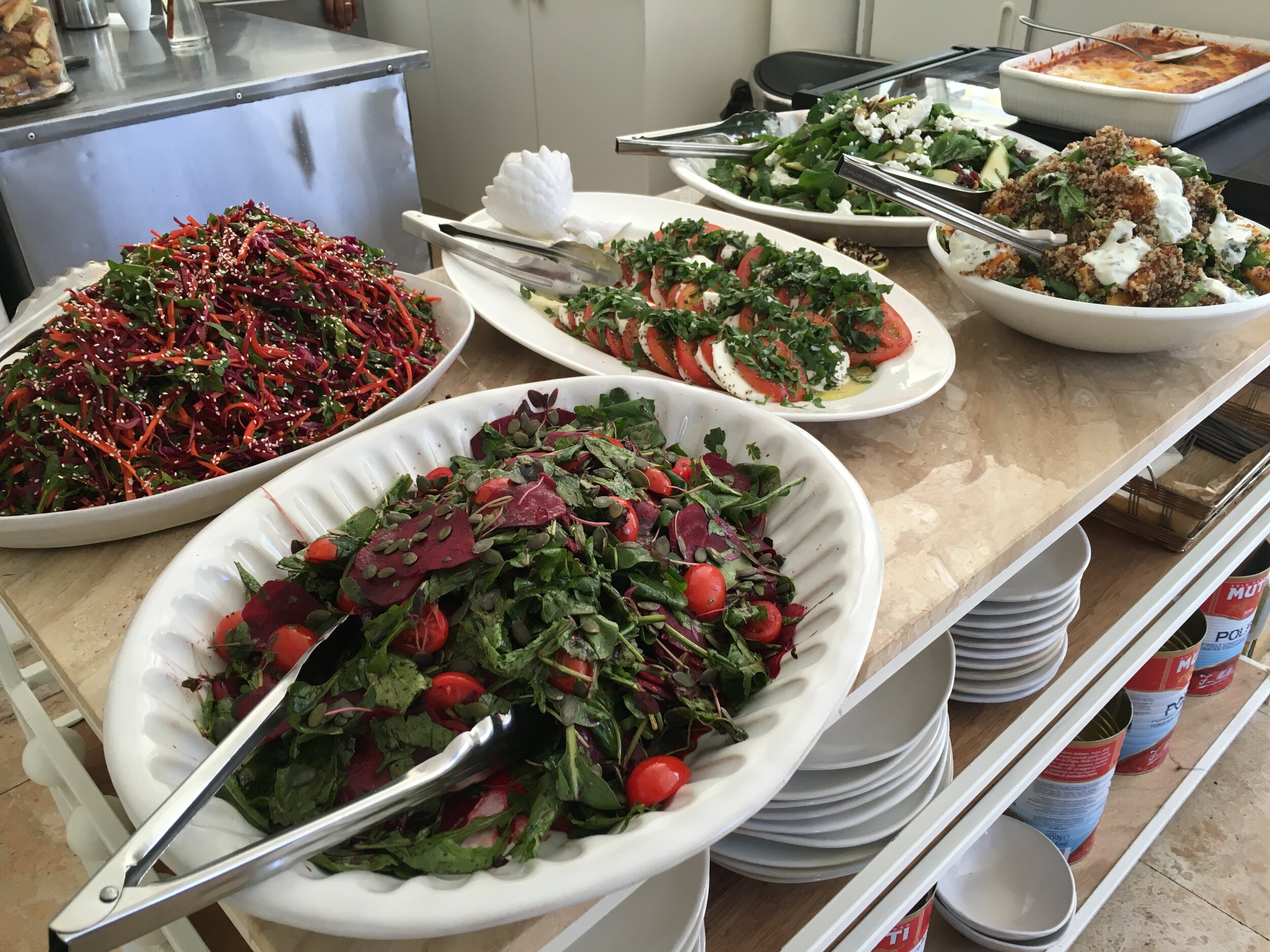Flowers and men
Flowers and Men
Flowers achieve their own floweriness and it is a miracle.
Men don’t achieve their own manhood, alas, oh alas! alas!
All I want of you, men and women,
all I want of you
is that you shall achieve your own beauty
as the flowers do.
Oh leave off saying I want you to be savages.
Tell me, is the gentian savage, at the top of its coarse stem?
Oh what in you can answer to this blueness?
D.H.Lawrence
I have just found for the first time, this poem by D.H. Lawrence. I arrange flowers as a spiritual practice, so when I see the title of the poem, I am drawn to it. I assume it is dealing with gender, and I think this will be about the relationship between the divine masculine and flowers, but it is not. Once I read the entire poem, I realize that the title means men in the universal sense, including women, as is clear by the third line. I love the poem but I don’t agree with it. I don't think it is a miracle for flowers to achieve their true nature. Flowers have no free will, they cannot and do not make choices that are out of alignment with their nature. Perhaps the ease with which nature becomes is not a miracle, but a reassurance. The more we relax, the more we nurture ourselves, the more we fully become.
I also come to different conclusions than Lawrence. I think there is a way in which human beings can answer the blueness of the gentian. We have all met someone who is stepping fully into their own identity, who is intensely alive. That vitality is our answer to the fullness of nature. Our job is then to note what is conducive to our own vitality, and what is not. Rob Bell instructs, “We always go toward the life.” By this, he means that we should always make decisions in a way that move us deeper into communion with life. Sometimes this is difficult or painful, and sometimes we are not sure until we are on the other side. Just yesterday I had an intense longing to go walking around the Tidal Basin. When I got outside it was so blistering cold, the wind burned my skin and my body contracted. I thought of turning back. A quick analysis might have concluded that what is best for me is not to allow my skin to get burned. Instead, I trusted the initial longing for the walk and I pushed on further. As a general rule, I have been interested lately in what happens when we push through periods of difficulty, uncertainty, pain. What happens when we keep going?
And I do keep going. Halfway around the basin a bench seems to be illuminated by the light of day, and I take a moment’s respite there. There are geese in the water before me, and I decide to focus in on just one of them. What can I learn by looking at just one goose? The goose stays in one place, gliding on the waters. It barely moves. Geese around it are honking occasionally, and I begin to wonder about the honking. What is being communicated? Then I hear honking over head, and small groups of geese start to fly above me, and land in the waters. They too are listening deeply. I realize that they are not talking to one another, floating on the basin, but to their fellow geese in the distance; they are drawing them to the water.
I am resting by the water and the geese are resting in the water. Most of the geese are quiet but there are a few who draw others to the basin. I start to feel a kinship with the honking geese. So that is what I have been doing, all of this time, with all of my writing. I am trying to draw my traveling partners to this place of rest that I have found.
When I return home I look in the mirror and my eyes are bright for the first time in a long time. Wild, even. I linger at the mirror, looking in my own eyes. There is something ferocious and kinetic and I don’t want to look away. I want to remember what I look like when I have communed with something larger than myself, when I did not turn back, when I kept going.
I am still thinking about the poem that I read this morning, and the poem makes me curious about the gentian, a flower that I do not know. When I Google it, this is what I find:
“The botanical name, Gentiana, is derived from Gentius, king of ancient Illyria (modern day Bosnia) (180-167 B.C.E.), who discovered its therapeutic values, according to a history written by Pliny the Elder (ca. 23-79 C.E.)”
And just like that, I know what to do next: order some gentian for the garden. I want it there, challenging me. What can you answer to this blueness? The process of figuring out what was next seems paradigmatic. There was no striving, no anguish; there was just a longing, a following, an obstacle, a choosing to keep going, a deep communion followed by a ferocious beauty, and then, as if gifted from somewhere outside of myself, the next step.









